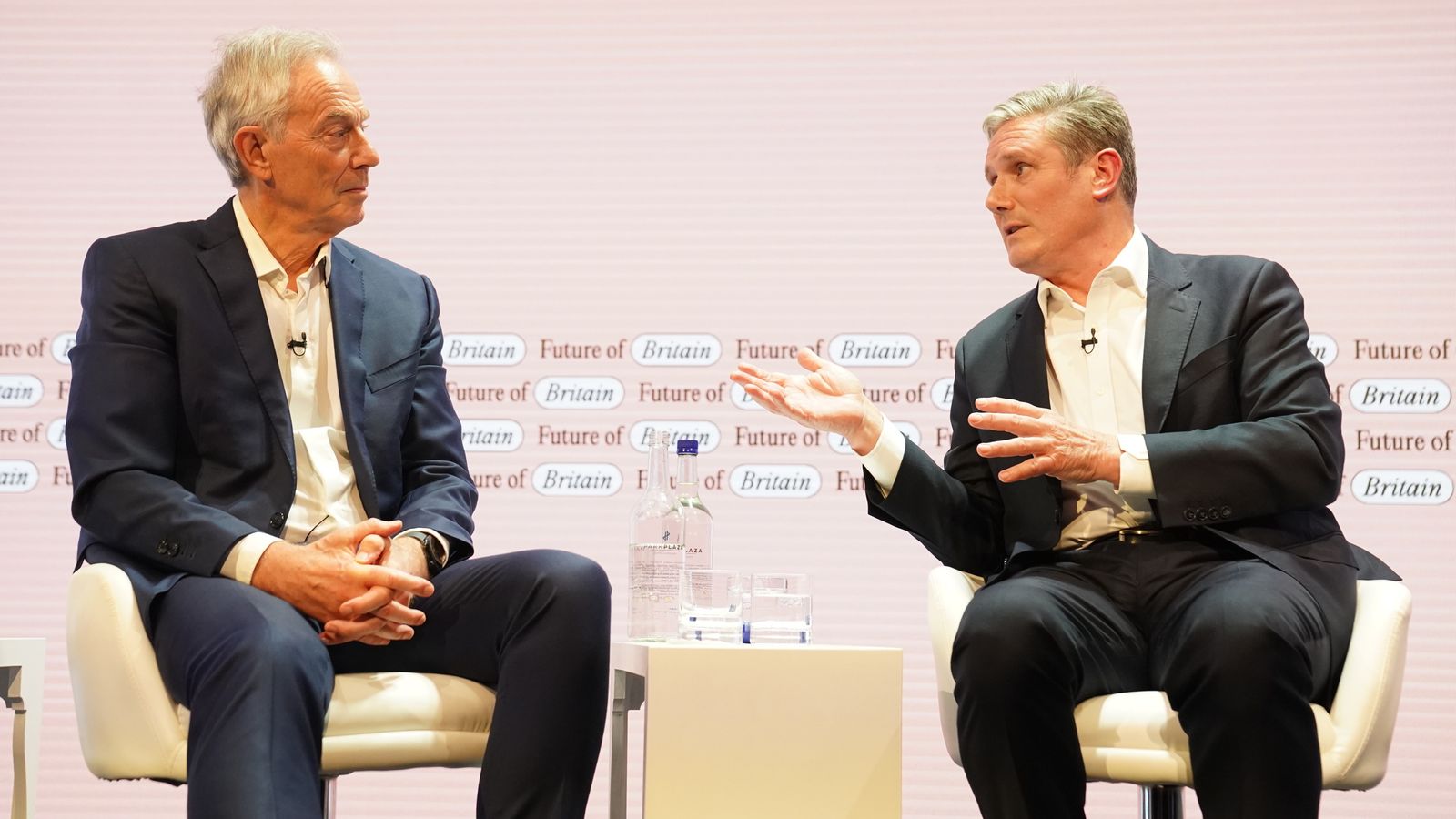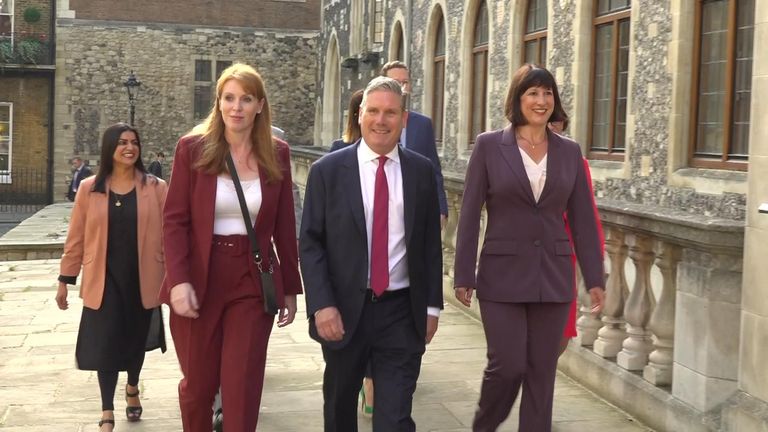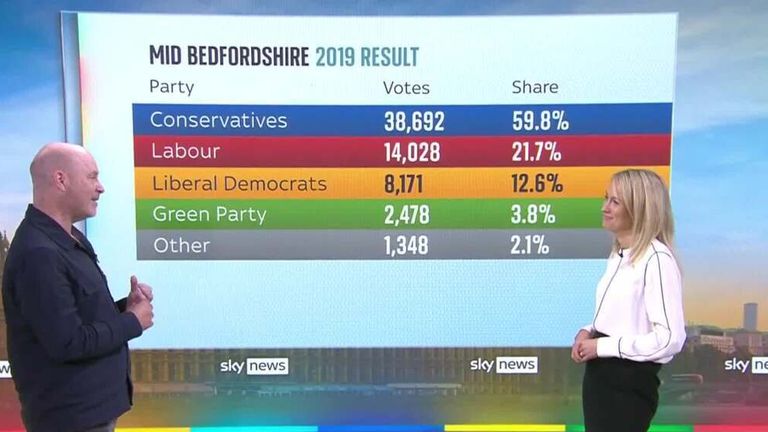Labour warned not to become ‘1990s tribute act’ to Tony Blair by union chief


A union chief has warned Labour not to become a “1990s tribute act” to Tony Blair if it wins the next general election.
Sharon Graham, general secretary of Unite, said the party needed to be bolder with its economic policies if it wanted to make a difference for working people.
Writing in The Sunday Times, she said Britain was in a “very different place” to when the party last came to power in 1997 – when there was money to spend and the economy grew “without having to do much except keep their hands firmly on the tiller”.
She argued that a “light touch” approach would not work during the cost of living crisis that has left working people “existing and not living” and some of Labour’s flagship policies – like it’s “diminished Green New Deal” don’t go far enough.
“For working people to share in the spoils and avoid the pitfalls, the future will have to be negotiated,” she wrote.
“That means, consigning 1997 to the history books.”
Ms Graham called for “serious intervention underpinned by a strategic plan” – arguing bold policies like nationalising energy should be put on the table if Labour is “serious about changing society”.
Read more:
Why a UK-India trade deal isn’t guaranteed
Boris Johnson travels to Ukraine to get honorary degree
Sunak ‘entirely confident’ Tories will win election
In a lengthy critique, she said refusing to tax wealth or excess profits and a lack of a coherent industrial plan were “all severely limiting Labour’s options” and economic reform was needed.
Advertisement
In a warning to Sir Keir Starmer, she said: “If Labour is intent on becoming a 1990s tribute act in an age where laissez faire does not belong, big questions will remain unanswered.
“Where will the money come from? What are we going to be left with? If it ends up being austerity by another name plus the hyping of comparatively small-scale investment, it won’t be an enticing prospect.
“Better than the other lot? For sure. But a government to lead Britain out of decline and make it work for everyday people? Probably not.”
Please use Chrome browser for a more accessible video player
0:51
Starmer addresses new shadow cabinet
Ms Graham’s piece came after a shadow cabinet reshuffle saw those on the more Blairite wing of the party, including Liz Kendall, Pat McFadden and Shabana Mahmood, rewarded with promotions, while some associated with the soft left were purged.
Sir Keir’s spokesperson has denied acting ideologically, saying he has assembled a top team that is ready to govern if it wins the next election.
After more than a decade out of power, Sir Keir is hoping to become the first Labour prime minister to win at the ballot box since Tony Blair – who won two terms after his landslide victory in 1997.
He has sought to rebuild the party focusing on a more centrist style than his predecessor, Jeremy Corbyn, with a focus on fiscal Conservatism.
Click to subscribe to the Sky News Daily wherever you get your podcasts
Labour’s policies are likely to come under further scrutiny in the coming days, as unions convene in Liverpool for the annual TUC conference.
Issues being debated this week include employment rights and the cost of living crisis.
Writing in the Sunday Mirror, deputy Labour leader Angela Rayner promised the “biggest upgrade to workers’ rights in a generation”.
She said this included beefing up laws that ban firms from blacklisting union workers.
Please use Chrome browser for a more accessible video player

2:53
Labour will win Tamworth seat, poll suggests
Ms Rayner, who will give a speech at the TUC conference on Tuesday, wrote: “Blacklisting doesn’t just ruin livelihoods, it ruins lives. It’s a destructive practice that leaves people locked out of work, often facing poverty as a result.”
The government’s controversial anti-strikes bill is also expected to come under attack at the conference.
Officials say the new law, requiring minimum service levels during industrial action, is unnecessary and unworkable and will do nothing to resolve disputes.
Unions, including the RMT and Fire Brigade Union, will call for a legal challenge to the legislation during debates at the conference.